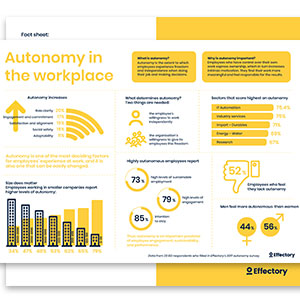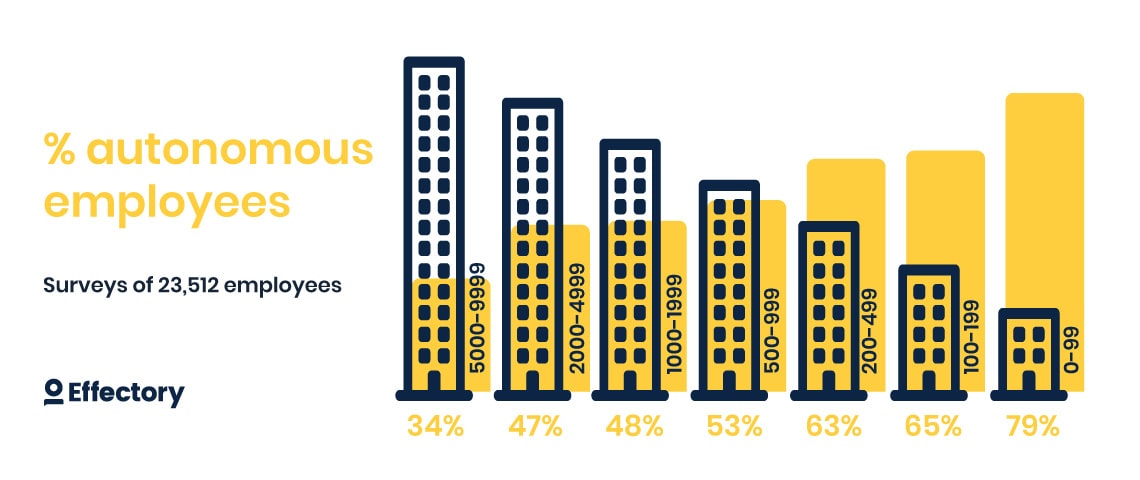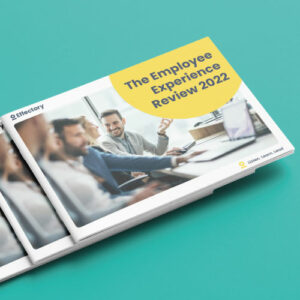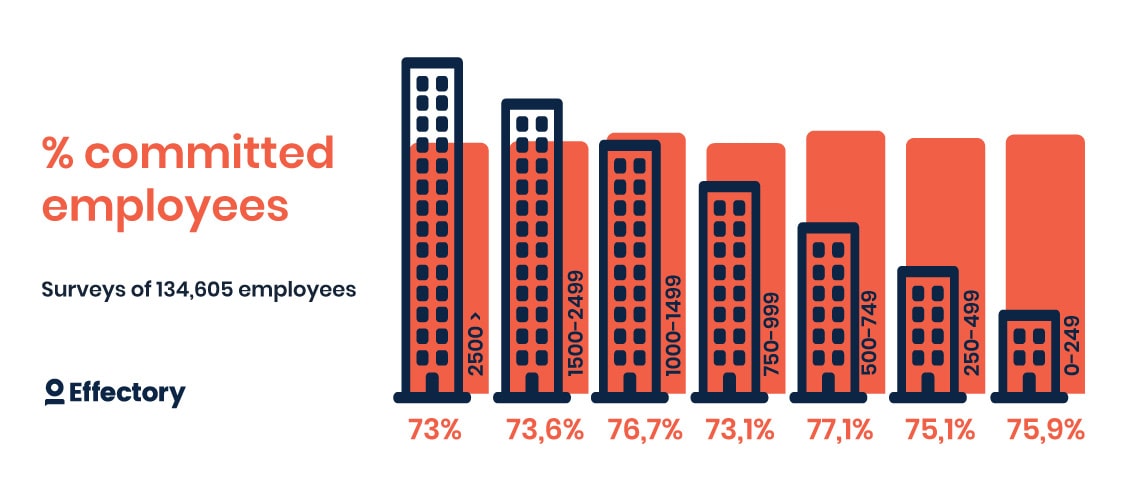If you know you are good at your job, you can take on the world. But in order to really take advantage of your talents, you have to have enough freedom.
Believing in your own abilities

What do employees need to perform well? The first reason for getting out of bed in the morning is that understanding “what” your organization stands for means you are more likely to feel energized about your work. Secondly, you need to know “what” you need to do. That’s why every employee and every team needs clear goals. For the rest, people mainly need enough space. No one likes to be told “how” they should do something; they’d prefer to decide for themselves. That gives them the chance to really contribute something.
Self-efficacy
Self-efficacy means believing in your own ability. This makes it easier to deal with setbacks because you have confidence in your own strength. You are also more involved in all the challenges facing you because you are convinced that you can make a difference. Self-efficacy is also different to self-confidence; the latter is more about your ego, while the former is related to something you do.
Self-efficacy and engagement
Three factors are important in motivating you to do your job:
- A feeling of control over your environment
- A feeling of connection with that environment
- The feeling that you are good at what you do
For the last point, you need enough leeway. The more you can put in yourself, the more autonomy you have, the more you can make your mark and the more you feel responsible for your success. Pride can be a strong motivating factor.
HR Analytics: Autonomy data infographic & fact sheet
Get data-driven insights about autonomy in the workplace by downloading this infographic and fact sheet.
DownloadGive people the freedom they need
Autonomous employees feel that their contribution is important. They feel more responsible for the result of their work. The level of autonomy that people need varies.
Someone who does their job with skill and motivation is better off with as little guidance as possible, while someone who is inexperienced or unsure often needs more pointers. However, it’s still a good idea to give more responsibility quickly, even if the recipient still finds it a little scary. People enjoy gaining confidence and won’t want to betray it. This creates a steeper learning curve and a greater connection with the organization.
Autonomy
Employees in smaller organizations generally experience more autonomy. They have fewer unnecessary protocols and rules to cope with. However, that does not automatically make them passionate and involved — but having fewer management layers does. That is why engagement scores for employees in mid-size companies are often higher than those in large companies.
Coaching and inspiring
As a manager, it helps to take a supportive approach and make yourself as invisible as possible. Younger generations in particular have more respect for knowledge and skills than for authority. Even if they are going to be leaders themselves, they therefore prefer to take a supportive approach. Old-fashioned bosses who mainly transmit and do very little receiving are now the exception. Anyone working in that kind of hierarchical team will have the sympathy of their colleagues. Everyone wants a leader who coaches and inspires, not one who controls.
Download the Employee Experience Review
Discover how employees around the world are experiencing different parts of the employee journey and how this affects the employee experience.
DownloadManagement training
The leadership score per team in our employee survey immediately identifies which managers micro-manage or impose a particular approach on employees. All the scores will then turn red, especially those for engagement.
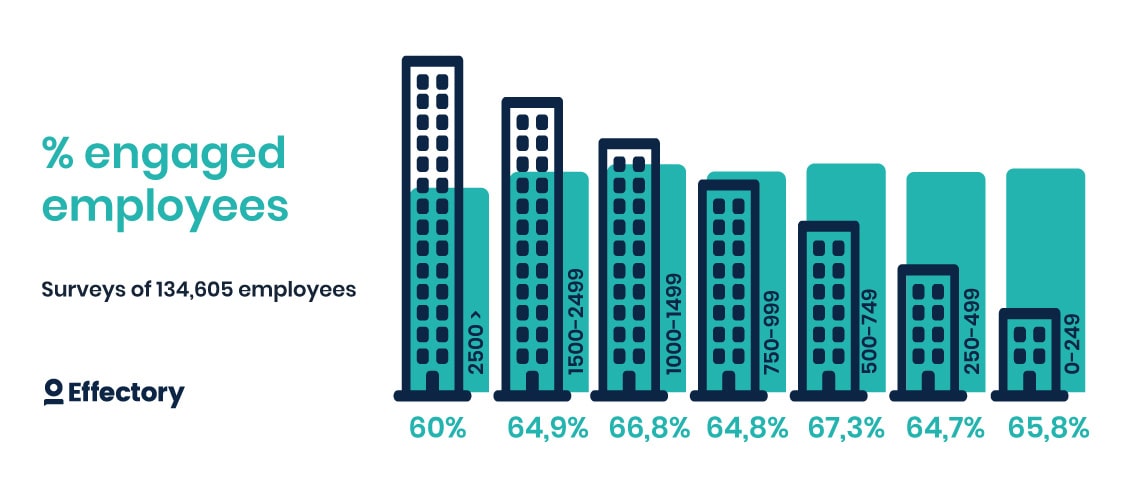
Let go
What applies to individuals applies to the team as well. This can only become a high performance team if it is given enough freedom. This means that “what” and “why” should be clear, but “how” should remain open to interpretation within specific frameworks. So, the best way to help a team is to say: “We’re here if something is unclear, but otherwise we have every confidence that you can work together to share out the tasks and achieve your goals.”
Engagement in your work
In a series of ten blogs, Guido Heezen, founder of Effectory, explains the conditions required to create an engaged workforce. Engagement is the extent to which employees revel in their work. Engaged employees learn quickly and are creative. Engagement is a good predictor for customer satisfaction, low employee turnover, high productivity and profitability.
Book a free demo. See our solutions in action.
Effectory is Europe’s Leading provider of Employee Listening Solutions. Schedule a product demo and discover how to enhance your employees’ engagement.
Demo request